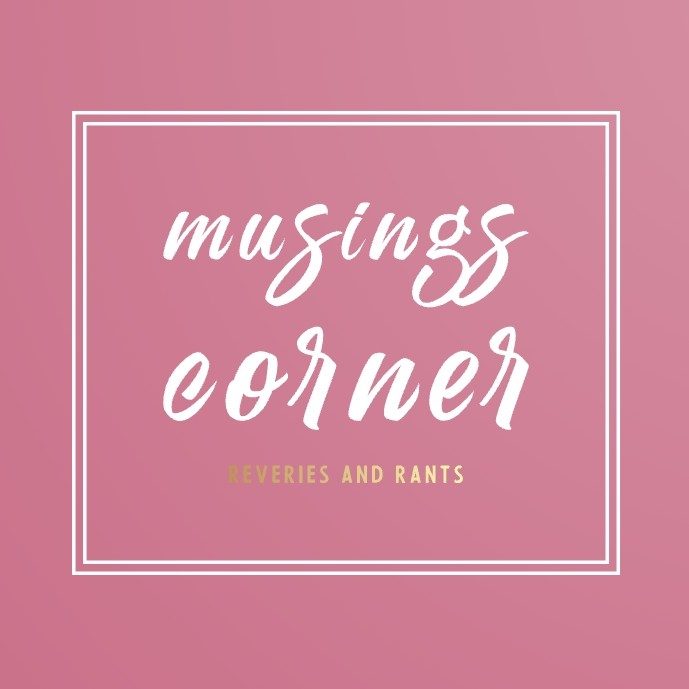
One Part Woman by Perumal Murugan was originally written in Tamil. It was translated into English by Aniruddhan Vasudevan. The novel centers around a farmer couple’s desire for a child and the extent that they go to fulfill this wish of theirs. It refects the society during 1940s in Tamil Nadu.
Kali and Ponna are married for twelve years. They have been trying to conceive a child so long. Disappointed with childlessness, they resort to all kinds of prayers and sacrifices to please the gods. Meanwhile, as expected, people around them continuously annoy them with their taunts. They also suggest Kali to remarry, which he does not agree with.
Despite everything else, Kali and Ponna have a deep admiration for each other. When the prayers and offerings fail, Ponna’s family convinces her to go to the chariot festival, known as the ‘Ardhanarishvara festival’ (on an assumption that Kali wants her to go there) in which, on the fourteenth day, women are ‘allowed’ to get impregnated by strangers.
The novel questions several social issues. One of the them is the stigma that our society deliberately associates with childlessness. The couple is very much in love: they care for each other, yet the villagers leave no stone unturned when it comes to criticising and advicing them. Having a child is equated to a definite status in the society that everyone has to live up to. Whoever fails to adhere to it, is subjected to incessant judgement by one and all. Moreover, the brunt of infertility is most of the time unthinkingly projected towards the woman alone and not the man. Also, when a woman speaks out in her defence or voices her opinion, she is looked down upon and reminded of what she cannot have. Another issue brought to the fore here is the rigid caste system and how it has devoured the psyche of man so much that the human side ceases to exist.
One Part Woman has retained the beauty of narration even in translation. The various settings around the village, the typical Tamil houses and the chariot festival have been very succinctly described. The book had become quite a subject of controversy in the later part of 2014 because of its reference to ‘Ardhanarishvara festival’ and the community associated with it. Nevertheless, it is a gripping tale, that so aptly reflects the society, true even to the times that we are living in.
Picture Courtesy: Wikipedia
